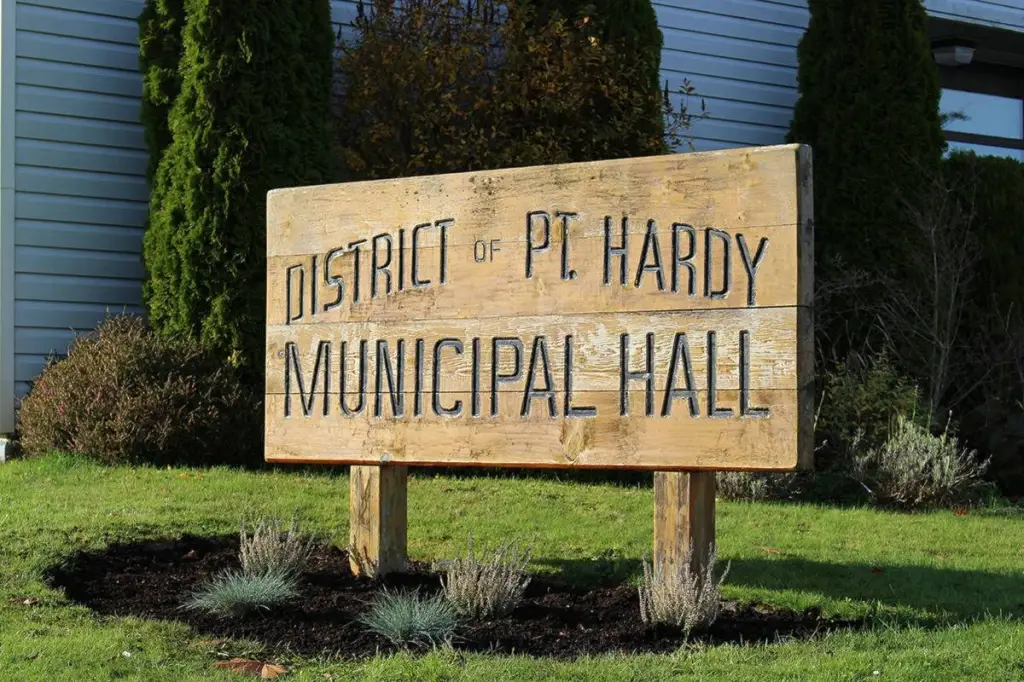Copyright dailymail

Every Brit knows the familiar feeling of dread when something starts to break unexpectedly. The car breaks down, the washing machine breaks or even the phone screen smashes, it leads many to worry about how to afford a quick fix. A new survey of 2,000 people by banking app Thinkmoney found that unplanned expenses affected 84 per cent of Brits in the last year. Problems with the car was the most common unexpected bill (44 per cent), followed by broken washing machines (37 per cent) and dental work (28 per cent). Nearly half of everyone surveyed said they dipped into their savings to cover the costs, while 20 per cent admitted putting it on a credit card and one inn ten saying they borrowed money from family. However, consumer expert Vix Leyton has said that there is no need to save a fortune to prepare for the worst and that most common problems are far cheaper to fix than you may think. She said: 'The classic advice to save three to six months salary for unplanned setbacks is a great idea in theory, but in the real world it's out of reach for a lot of families right now. 'The risk is that it becomes so intimidating that people give up before they've even started, because what's £50 going to do against six months of bills? 'But the reality is that most of the financial "jump scares" you'll face day to day - the washing machine breaking, an emergency vet visit, a last-minute car repair - cost far less than that to fix. 'Building a smaller, more realistic safety pot for those moments alongside shoring up your insurance is not only more achievable, it's also the first step towards real financial resilience. 'You don't need a perfect safety net to start one, you just need something soft enough to break the fall a bit.' The advice comes after half the public (48 per cent) surveyed felt they were just one financial hit away from disaster, with around a third (34 per cent) saying that unexpected bills had forced them into debt. The stress of bills can take its toll, with one in ten people saying they have been bought to tears by a shock payment. In total 16 per cent said they regretted the fact that they had not put money away, with one in 10 saying they were embarrassed or ashamed. Ms Leyton added: 'With the cost of living continuing to bite into budgets, a financial setback is the last thing you need and, as a result, it’s easy to bury your head in the sand and hope it won’t happen to you. 'Our data shows that unfortunately the odds are not in your favour, so your best route is to plan for the financially unplannable.' Ms Leyton gave some helpful tips on how to prepare for life's unexpected catastrophes. Audit your hidden safety nets In her first tip, Ms Leyton said you should check what safety nets you may already have, even if you don't know you have them. These include HR portals, bank account perks and even old credit cards may include insurance or protection benefits. She said: 'Some workplaces quietly include life cover, critical illness or income protection; some bank accounts throw in mobile, travel or breakdown insurance for the monthly fee. 'Keep a quick note somewhere of what you’re covered for and where to claim. Knowing what’s already in your corner can stop you from paying twice for the same protection.' Learn your policies inside out The consumer expert also advised to check your insurance policies to make sure you know what you are covered for. Some breakdown cover only includes roadside repairs and will not help you get home, leaving you stuck in the road. She advised making sure you have “get me home” or recovery cover if you rely on your car. She added: 'While it’s tempting to raise your insurance excess to lower your annual payment, only do it if you could genuinely afford that excess in an emergency, otherwise the policy is effectively useless.' Ms Leyton advised a similar approach with Home Insurance cover, which many people "set and forget", not realising how important the document could become in future. She said: 'Check what your policy actually covers there too; is accidental damage included? Are you covered if your pipes burst, or if your cat knocks the TV off the stand again? 'Could it cover your lost phone or stolen bike? Also look at ‘new for old’ vs. ‘market value’ replacements; the difference between a shiny new sofa and £100 towards a second-hand one. 'Knowing in advance can shape how much extra you might want to keep aside.' Build an emergency fund your future self will thank you for The consumer expert said that the conventional wisdom of 'three to six months' expenses' is not needed for a rainy day fund. You can also save money with round-up pots or top-up accounts which are common in online banking. She said that ticking the 'register this product' box can be the difference between a £300 bill and a free replacement later. Ms Layton said: 'You can even layer your emergency money - a mini buffer for quick fixes like replacing a tyre, and a longer-term pot for the bigger things, like redundancy or health issues. 'Keep digital receipts and warranties in a shared folder or email label so you’re not tearing through your inbox in a panic when something breaks, if it’s broken or failed sooner than you expect then you may be entitled to compensation, replacement or repair.' Warranties and registrations: worth the admin Ms Leyton's next tip was to know which banks or providers you could trust for a small loan or a 0 per cent interest card, and what the repayment rules are. While Buy Now Pay Later options can be useful for spreading a large cost, it is still debt and the penalties can hit hard if payments are missed. Ms Leyton's golden rule: short-term fixes are fine, but long-term problems are what you’re trying to avoid. Have a 'break glass' borrowing plan 'When something breaks, the impulse is to fix it immediately,' Ms Lyton said, 'but even 30 minutes of research can save you hundreds'. The expert advised getting two or three quotes for repairs, and always checking if parts are under warranty before you pay. She added: 'Community Facebook groups or local repair cafés can also be goldmines for advice and second-hand finds. 'A refurbished washing machine or a preloved fridge isn’t glamorous, but it keeps your finances intact while you regroup.' Don’t panic shop your way out of disaster It can be hard to remember when you bought your fridge, but keeping a list of when you purchased your big ticket items can help you prepare for the worst. While it can be tempting to skip regular checkups with your dentist, it could be cheaper than needing to book a treatment which is painful to your teeth and your wallet Ms Leyton said: 'A small filling or an oil change now can save you the kind of bill that ruins a month later. 'Think of it as future-proofing rather than spending, one way or another you will end up paying for these setbacks waiting below the surface, but this might limit how much.



